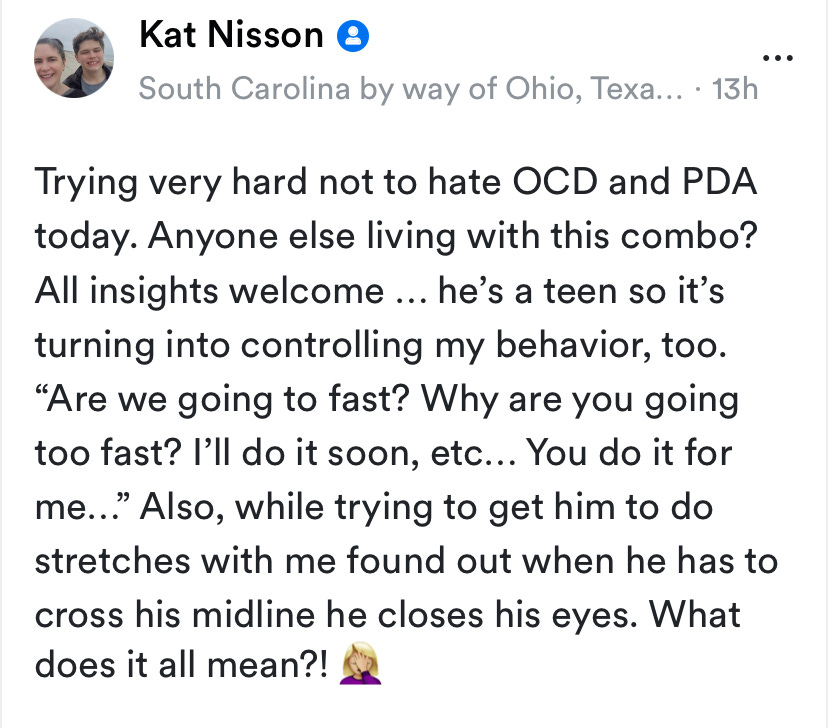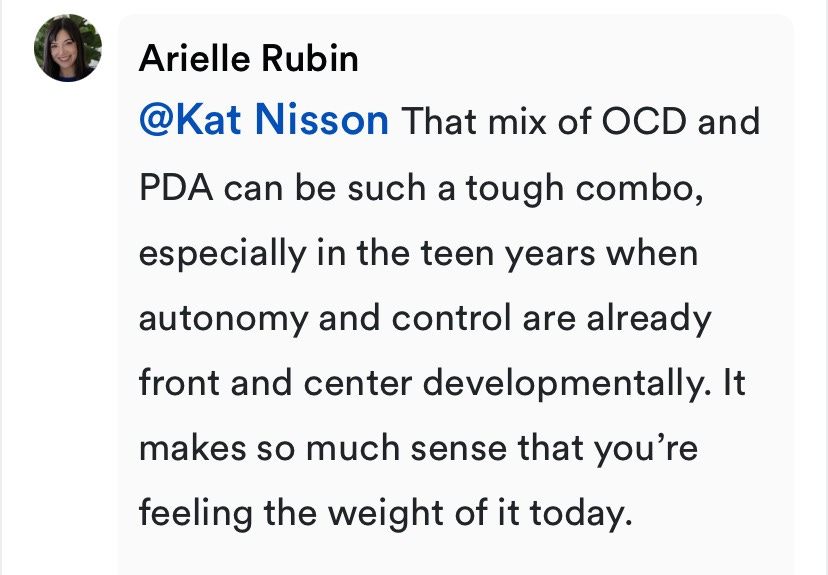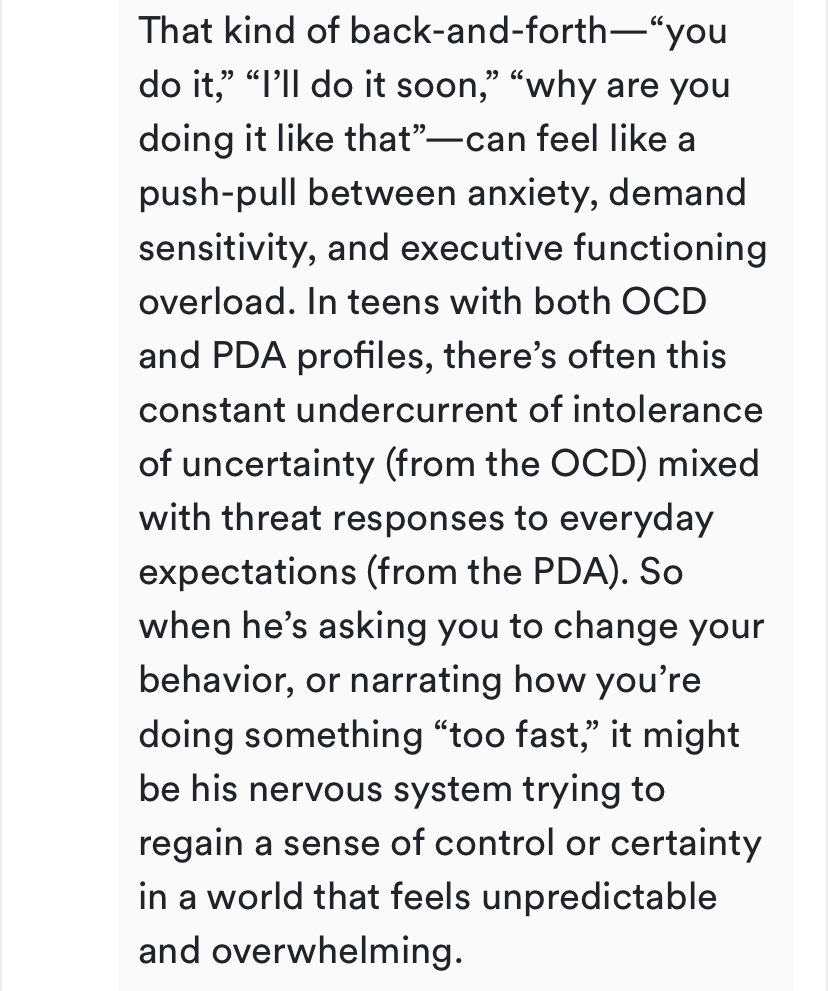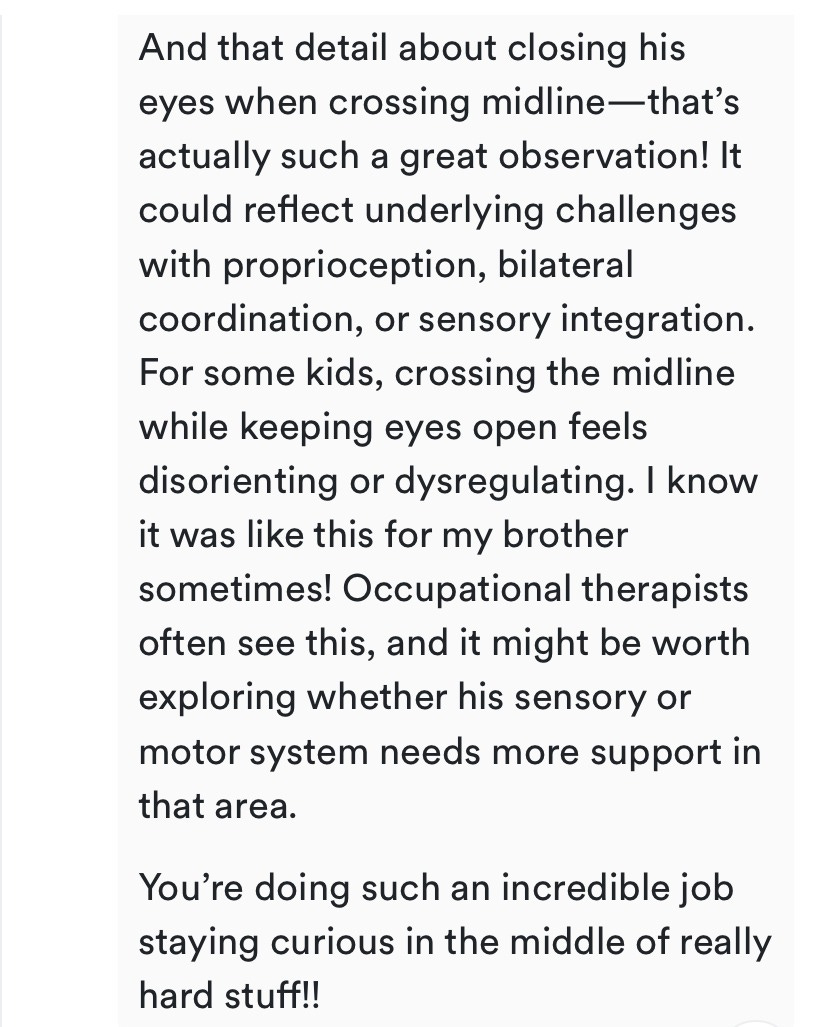Do you ever find yourself at 3 AM, bone-tired but wide awake, playing mahjong on your phone because somehow, the simple act of organizing those tiles feels more restful than sleep itself? No? Just me? This week, my body sent unmistakable signals that it needed more than just the strange comfort of manipulating digital tiles at odd hours. My joints have been on fire, my brain refusing to cooperate, and my entire system screaming for a reset beyond what my usual coping mechanisms could provide.
When Your Body Forces the Conversation
I knew I had to start the elimination diet I'd been putting off. No sugar, caffeine, meat, processed foods, minimal salt, no dairy. The works. It's as if my body, tired of polite requests, finally issued an ultimatum. And as I navigate this physical reset—feeling weak, headachy, with a brain that refuses to "workie"—I'm learning something profound about rest that goes beyond food choices or sleep schedules.
True rest isn't just about stopping. Sometimes it's about changing direction entirely.
The Complex Dance of OCD and PDA
I thought it would be a good idea to do some gentle stretching with my son as part of our homeschool routine instead of a walk around the neighborhood. I was feeling a little wobbly and needed to get him moving but still take my own limitations into account. Our day rarely follows my expectations. We did a little Simon Says-style yoga where he is to focus on me and look at my face, too. He did remarkably well with eye contact, which has lately been inconsistent. But then came a surprising observation—he couldn't stop closing his eyes when crossing his midline.
What's a midline, you ask? Imagine like the earth you have an equator, except yours is vertical, going from the middle of your head down between your legs. When you cross your midline, either your arms or legs are moving across that invisible line.
He’s also been very reluctant to do … well, much of anything. This is abrupt change. Usually he’s ready to help, ready to try new things, unafraid. Lately it takes a very long time to do most things and so I readjust!
Moments like this weigh on my mind and I shared about it in the online Autism Roadmaps membership community (more on that later) led by Dr. Arielle Rubin. And for those of you that may not know OCD is obsessive compulsive disorder and PDA is pathological demand avoidance. Here is what I posted that day:
Dr. Arielle's response was illuminating:
As I’m writing this his 6'1" shadow moves through our living room, the tongue clicking starts —another sign. The familiar patterns of OCD, PDA, and what we now recognize as potentially emerging Tourette's symptoms begin their familiar choreography. While difficult to get the usual day-to-day things done, I am so lucky to work from home and to get curious about how to help him.
Interrupted Plans as Invitations
Instead of spiraling into self-pity and frustration (okay, maybe after a brief visit there), I asked myself, "Is there a reason why this is happening now?" If I pause and listen, I can usually hear the answer. And there usually is one. Most times, interruptions aren't accidents.
They're invitations.
But the more I soften my reaction to interruptions in the grander scheme, the less stressed I feel. Embracing interruptions is helping me move more gently through life.
Think about the last time something unexpected happened, disrupting your plan and sending your day, week, or month into an offroad journey. How did you feel? What did you do? And more importantly, what might've been different if you had embraced the interruption instead of resisted it?
Are interruptions a way to help us slow down when we're moving too fast for our own good?
Finding Rest in the Weeds
I recently had the opportunity to learn about Maegan Megginson's work through Laura Zug’s The Hive. Maegan explores the concept that rest isn't one-dimensional. It encompasses seven distinct types: physical, mental, spiritual, emotional, sensory, social, and creative. Check out her podcast at
What struck me most was her redefinition of rest as "any activity, passive or active, that recharges batteries and regulates the nervous system." By this definition, my late-night mahjong isn't so strange after all. Neither is my love for creating crossword puzzles rather than solving them. These activities—finding order in tiles, constructing word patterns—regulate my system in ways that traditional rest might not.
Maegan's work highlights how societal constructs profit from our constant productivity, conditioning us against rest from birth. "I'll sleep when I'm dead," we joke, wearing exhaustion like a badge of honor. But what if rest isn't something to be earned after everything else is done? What if it's the foundation that makes everything else possible?
I think about my friend whose son requires feeding through a tube, creating erratic scheduled and one eye open rest, a highly choreographed and sleepy dance she shares with her husband. Her rest comes in moments between medical necessities. I think about my own fragmented sleep, catching minutes between worries. I think about how we're all trying to find our rest in the weeds of challenging lives.
The Weight We Carry
I never expected to carry a heart that is constantly torn between love and grief, between pride and fear, between the deep joy of knowing my child exactly as they are and the unbearable pain of watching the world struggle to do the same.
Some days, it feels impossible. Some days, I wonder how much longer I can keep holding everything together. And yet, somehow, I do. Somehow, we do. Because that's what we do—we keep going. We keep loving. We keep fighting.
The pain lies in the deep ache of feeling like no one truly understands how hard this is, how much you love them, how much you are trying. It is the weight of carrying it all, every single day, knowing this is forever, and always feeling like you are not doing enough for them.
And the exhaustion. No one prepares you for what this does to a relationship. The stress, the endless decisions that feel impossibly high stakes—it wears you down.
Partners in the Storm
My husband and I are a team, but some days, it feels like we're running separate races, just trying to survive. There are nights when we barely speak about anything beyond the dinner plan and what we may stream together as a family that night, not because we don't love each other, but because we have nothing left to give.
There are moments when we misunderstand each other, when the weight of it all makes us say things we don't mean, when resentment creeps in—not toward each other, but toward a life that is harder than we ever imagined. And yet, through it all, he is the person I need most.
He is the only other person in the world who loves this child the way I do, who feels his pain as deeply as I do, who would give anything to make the world easier for them. And so, even on the hardest days, I hold onto that. I hold onto him.
Because while all these pressures may break us down at times, I hope—more than anything—that they will also make us stronger. That in the end, we will not just survive this together—we will love more deeply because of it.
Rest in Community
As I mentioned, another source of rest for me comes from the community I've built with Dr. Arielle Rubin called Autism Roadmaps. It's a private membership for parents navigating the intersection of autism and mental health, where I serve as the community manager and architect.
While it's part of my job, the fact that I can post something in the wee hours and gain a reply from a psychiatrist that specializes in serving families dealing with this intersection is powerful and not something I take for granted. When Dr. Rubin ended her thoughtful analysis with "You're doing such an incredible job staying curious in the middle of really hard stuff!" it was exactly the validation I needed in that moment.
The parents in our community have your back. When I’ve shared our struggles, within moments I had supportive comments from others experiencing similar challenges. This kind of understanding—from professionals and fellow parents alike—creates a unique form of rest that's hard to find elsewhere.
Rest practices are sometimes more effective when done in community with others. Shared accountability and learning can support the shift towards prioritizing rest. This rings true in my experience—sometimes the most restful thing is simply knowing you're not alone in your struggles.
Embracing a Seasonal Approach
One concept that deeply resonates with me is the idea of a seasonal approach to both business and life. Rather than maintaining constant high-intensity output, we can plan activities around seasonal cycles. Maegan explained it like this:
❄️ "Winter" periods for reflection and rest
🌷"Spring" for planting seeds
☀️ "Summer" for growth
🍂 "Fall" for harvesting
When we align our work and caregiving with these natural rhythms, we reduce those "tsunamis" of stress and overwhelm that leave us depleted.
I'm learning to recognize when my son and I are in different seasons—sometimes he's in winter when I'm pushing for summer productivity, or vice versa. Honoring these differences and adjusting expectations accordingly. I’m still figuring it out, but it’s helping to think about all the variables in this more organic framework.
A Gift for You
I'd like to gift a free month inside our Autism Roadmaps community for anyone who needs this kind of support! Find out more here: https://www.ariellerubinmd.com/community
Use my special code KATGIFT by clicking this link, here.
Whether you're parenting a neurodivergent child, caring for an aging parent, or simply trying to maintain your professional identity while navigating life's interruptions, remember that rest isn't selfish—it's necessary. And sometimes, it looks nothing like what we've been taught.
Maybe for you, rest is organizing digital tiles at 3 AM. Maybe it's going for a run in nature. Maybe it's finding a community that truly understands your journey. Maybe it’s an actual nap.
Whatever form it takes, I hope you'll join me in redefining rest not as a luxury or even a discipline, but as a devotion—to ourselves, to those we love, and to a life that sustains rather than depletes us. For me, that devotion looks like setting my alarm for 4 AM not just for productivity, but because those quiet hours give my nervous system the peace it craves. It's why I no longer apologize for playing mahjong at odd hours or for creating crosswords when I 'should' be doing something more productive. These aren't just hobbies or distractions—they're the deliberate practices that keep me whole in a world that often feels fragmenting.
Here's to finding rest in unexpected places,
P.S. - This is a little listen of the lullaby that I used with my sweet boy when I was still able to physically carry him… 🎶
How do you find rest in unexpected places? What activities recharge your batteries that might not look like traditional "rest" to others? Share your experiences with our Glimmer Nest Substack community in the subscriber chat.
☕ This version of my newsletter will always be freely available with no paywall. If these resources and reflections on balancing career with caregiving have been valuable to you, you can support my continued work by buying me a coffee. Each cup helps create more content for our community of work-from-home parents.













Kat this touched my heart in so many ways!!
I have learned along the journey to find rest in unexpected places it started with my daughter being prematurely born at 29 weeks and has continued thru this day. The navigating is hard (I have a mix between my two and navigating OCD with Anxiety DIsorder, PTSD (from her anxiety), and ADD and SPD with my 20 year old daughter--the cycles are exhausting. My son is 16 and is a 2E kiddo with dyslexia and shows spectrum but higher functioning but still comes with quirks he has actually gotten much easier as he has gotten older (at 2-4 he was a fire ball with a list of problems Autism, Speech Apraxia, trouble with eyes, etc and he use to wander, had no depth perception so would walk off playground equipment or miss the curbs or steps if I didn't say it to him, had anger outburst that were scary in his super human strength then the next moment super cuddly snuggle buddy, climb bookshelves in blink of eye, never sleep kind of kid --now he still has trouble staying asleep but he has been my snuggle buddy for long time and turned out to be a mild mannered gentleman by grace of God.
When you said "I never expected to carry a heart that is constantly torn between love and grief, between pride and fear, between the deep joy of knowing my child exactly as they are and the unbearable pain of watching the world struggle to do the same." brought tears as a momma with two it is put into words so eloquently as it truly does tear a heart between love & grief, and pride & fear. I remember thinking my daughter has overcome so much and it took a lot for people to navigate this precious girl before her spiral downward then a new diagnosis just 1 year ago now people have another reason to push away. The words my parents spoke about my two after watching them just the second time for a short break during visit..."they are too much" still stick with me as so many whether family, friends, or strangers fail to see them the way we do and cannot see past their struggles to get to their super, incredible awesomeness of who they are.
Thanks for sharing this!!
Oh! This made me cry happy tears! Thank you so much, Marlene. This means the world. 🤗